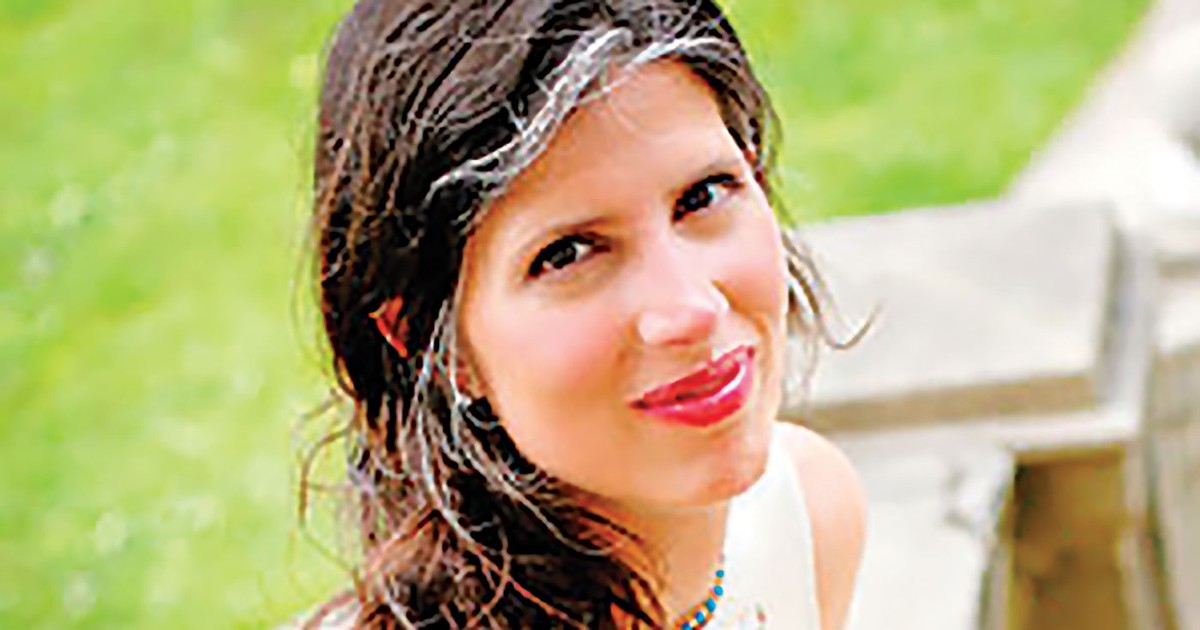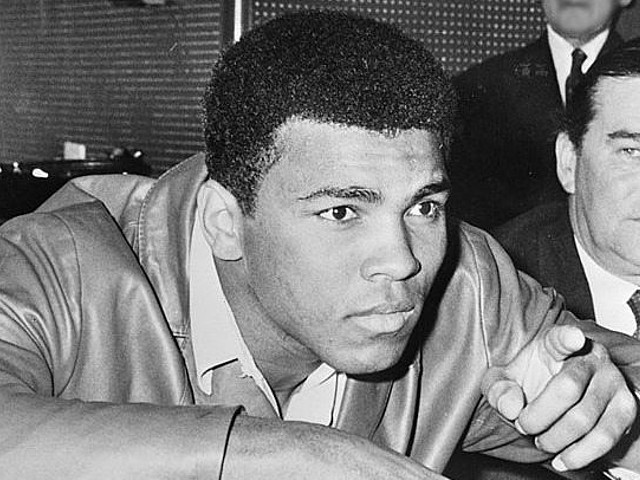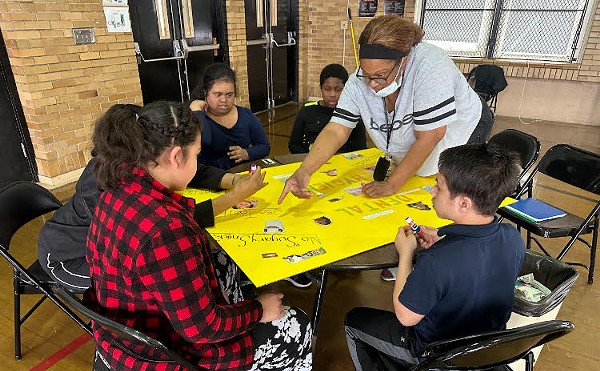When a think tank deems your city is worthy of a study because of your turn-of-the-century (not 21st) magnitude, followed by the city losing its footing, only to enjoy a bit of a renaissance, and then its swift and rapid decline, do you celebrate or lament? Or do you implement a plan to reverse brain-drain, build a skilled workforce and commit to create the knowledge economy you lacked and that stymied you at the turn of the next century?
Meet Louisville Forward, the city’s agency to attract, retain and grow business and workers that also addresses, albeit unintentionally, findings in Brookings Institution reports that, among other things, outline how we veered from our path to greatness, and how to get our groove back (search: www.brookings.edu). “The whole strategy is based around a cluster that builds on our already-existing strengths,” said Christy Jarboe, economic development manager for Louisville Forward. Jarboe identified lifelong wellness and aging, e-commerce, logistics and advanced manufacturing as our primary areas of industry. Add food and beverage to the mix, and throw in tech proficiency to grow the industries, and “that’s how we’re responding to that slide,” she said. Using tech as a “catapult” for growth is the city’s bounce-back strategy.
Jarboe said Louisville Forward, the city’s economic and community development agency, is focused on attracting businesses that offer high wages. “Once we get people in better paying jobs, it will lift everybody up.” Before singing its siren song for new business, though, Jarboe said, Louisville Forward wants to know: “Is this going to be good for Louisville? Will it bring high paying jobs? Can we keep our smart people here?”
Can we reclaim our spot as a captain of industry, this time with tech as a driving force?
The author of “A map for a new America” thinks so. In his April 15 article in The New York Times, Parag Khanna placed Louisville in the Great Lakes region, citing our move from manufacturing and toward leveraging inherent strengths. Louisville as an “investment hub” sounds nice, but is it accurate?
It depends on who you ask, said Ankur Gopal, chief executive officer of Louisville tech company, Interapt, and winner of the emerging entrepreneur award from the Kentucky Entrepreneur Hall of Fame in 2014. Gopal said to gauge our competitiveness, it’s important to ask who is talking about us, and what experience do they have?
“I agree that Louisville is on the move,” Gopal said. “The question is what part of the path are we on?” Gopal praised the “tremendous amount of diversity” in our economy, and our ability to adapt. “Why I think we have a bit of an advantage over other cities is the ability to adapt to an ever-changing economic landscape,” he said.
Gopal said he thinks our size may allow us to experiment more, and may also foster a greater economic and a social impact.
So small is good?
“Part of it with Louisville has always been deciding who we want it to be,” Tammy York Day, chief operating officer of Delta Dental, said. “We don’t want to lose the small feel, but we want to stay competitive,” said Day, a recent Duke University Fuqua School of Business graduate.
Day brings friends in for Kentucky Derby as part of Unbridled Eve, the Derby Eve fundraiser for local charities, and travels to promote it and to promote Delta Dental’s “Making Smiles Happen” campaign to provide the city with access to oral hygiene. She said her friends are “very surprised that Louisville is what it is. They think we are much smaller and much more provincial.”
“It always frustrated me — because obviously I think Louisville is amazing — to see cities around us grow, while we were stymied. I believe we are finally finding our path,” Day said. Part of Delta Dental’s path, a not-for-profit dental services corporation, is to serve the community, which is a key to its success and that of the city simultaneously, said Day.
“We looked at our mission statement, and how we line up. We weren’t the best corporate citizen we could be,” Day said. Delta Dental launched a “very planned and mindful initiative to do more” under the leadership of chief executive officer, Dr. Clifford T. Maeseka Jr. Day went to Delta Dental prior to earning her master’s of business administration, with a plethora of philanthropic experience, but ironically, it was the relationship building during her time with 36 other students from all over the world at Fuqua that taught her that economics and social impact aren’t islands unto themselves.
“Absolutely integrate all of your worlds,” Day said, as a key to business and civic success. “I stayed away from it. I used to think of philanthropic efforts as separate from business, but they aren’t.”
Combining forces is a key to being competitive then?
“We also have to be open,” Day said. “We are moving, so it’s not as narrowly focused as the past, and I think that’s what’s going to position us for the future.”






